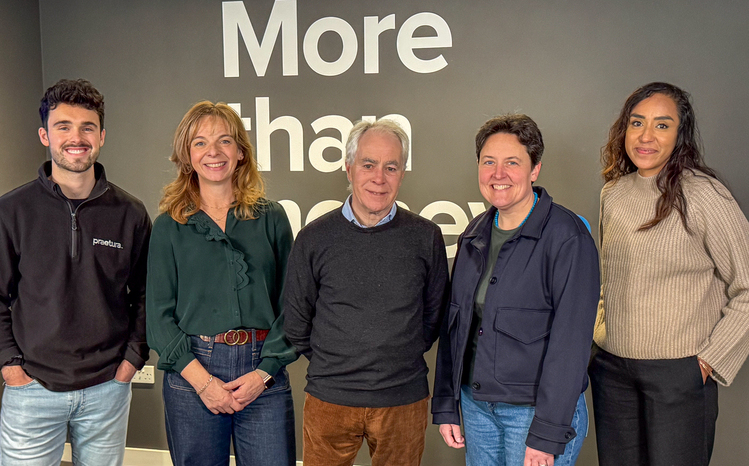Citizens’ juries back opt-out for health data
- 29 March 2016

Two citizens’ juries have backed an opt-out model for a database of health records that could be used for research and other purposes other than direct patient care.
The University of Manchester set up two citizens’ juries, with 34 members of the public involved in total, and arranged for them to spend three days taking expert witness testimony on the creation of health records and access to them.
At the end of the process, 33 of the 34 jurors backed the creation of a health database and 24 supported an opt-out model for the inclusion of records. Six favoured an opt-in model.
The juries took place at a significant moment, with Dame Fiona Calidicott due to deliver her third report on information governance, looking specifically at the consent model for the care.data programme, imminently.
Care.data is the controversial proposal to expand the Hospital Episode Statistics and link them to other data sets, starting with GP data. Its national roll-out was stopped after a public information campaign that was criticised for failing to mention the programme by name, or include an opt-out form.
Four pilot projects that were due to focus on communications around the programme are also on hold ahead of Dame Fiona’s review.
The Wellcome Trust has also weighed into the debate on data sharing recently, with a report based on a 2,000 person survey and London-based workshops.
This concluded around 20% of the public would never want their data shared with researchers or companies, and that the rest would only support this if there was a clear public benefit – which would exclude insurers and substantially exclude marketers.
Both Dame Fiona, the national data guardian, and Christopher Graham, the information commissioner, attended the announcement of the results of the Manchester project, which shared some findings with the Wellcome Trust report.
In a statement, Dr Malcolm Oswald, honorary research fellow at The University of Manchester, said: “We wanted to find out what the public thought about this issue, and whether people might change their minds when given information about both the risks and the benefits involved.
“It was clear from the anonymous votes that were cast before, during and after the process that many of the sceptical participants moved towards supporting data sharing, with proper controls and limits, when the benefit was in the public’s interest.”
The citizens’ juries were set up as a partnership between The University of Manchester’s Health eResearch Centre and the NIHR Greater Manchester Primary Care Patient Safety Translational Research Centre, with support from the ICO.
The 18 person juries were asked a series of questions about whether the NHS should be allowed to create health records, and who should have access to them, at the start of the project and at the end.
At the end of the process, the first jury was unanimous in backing the creation of health records, and the second was almost unanimous, with four jury members dissenting on the grounds that they needed more information about who would regulate the data and decide on who should have access to it.
The first jury was almost unanimous that records should be created on an opt-out basis, while two thirds of the second jury backed this, with the dissenters arguing that an opt-in would require the organisations that wanted access to properly inform the public about their proposed work.
Both juries became more in favour of the creation of a health records database over the course of the project, and more inclined to give access to commissioners and local authorities, and to researchers from both universities and the private sector.
However, only a handful of jury members were prepared to back access for insurers before or after the project.




